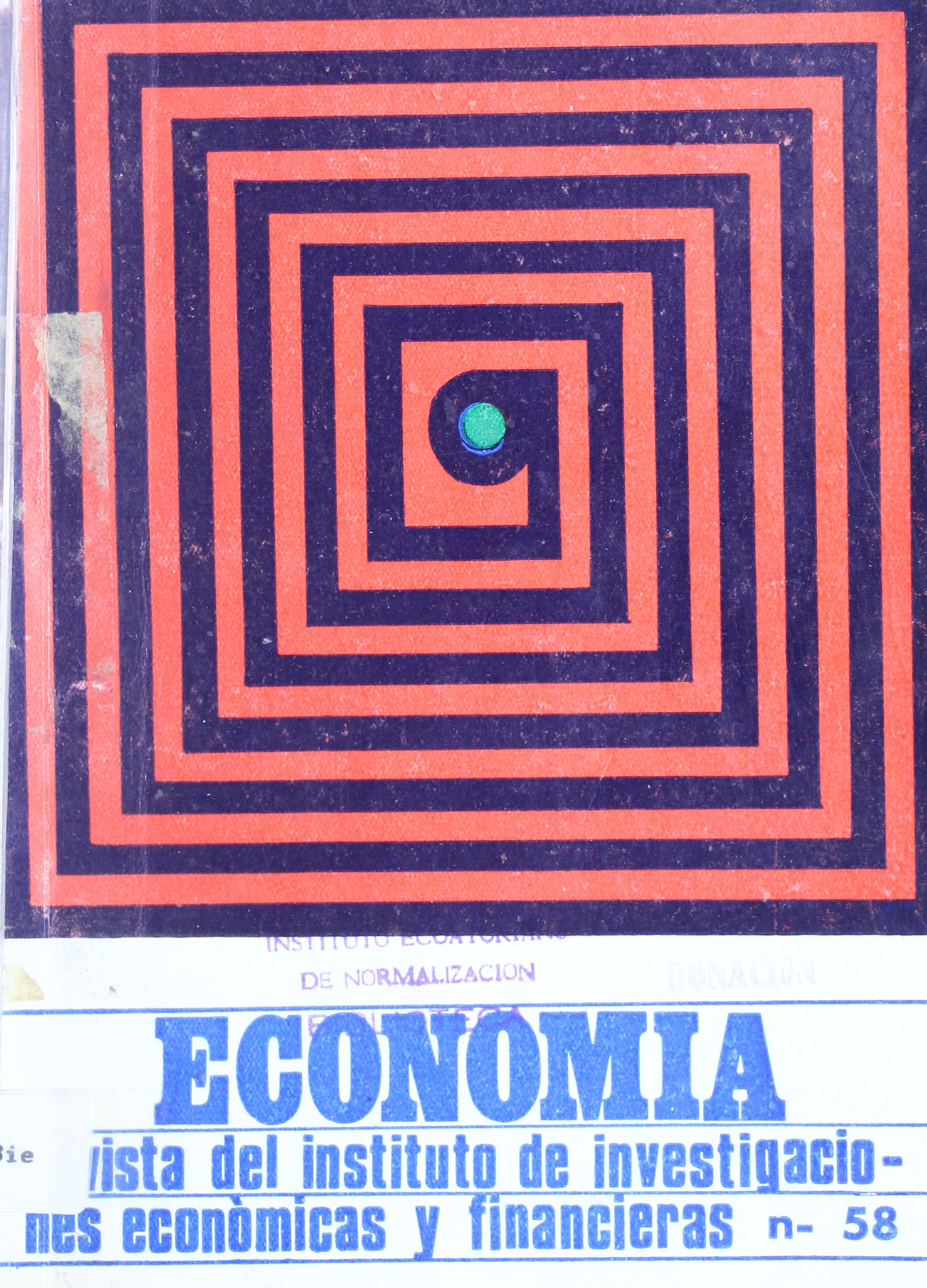Cuba en la CEPAL
Main Article Content
Abstract
This article was scanned by the Aurelio Espinosa Polit Ecuadorian Library.
As is known, Cuba was one of the few countries that expressed reservations when that document was adopted. We were concerned, as we stated at the time, that the peoples to whom this appeal was addressed were not told how the 6% increase proposed as a goal for the Second Decade was not enough to put on the road to development those countries on which a long colonial or neocolonial domination had imposed underdevelopment, and that even if these growth rates were achieved, the gap between the backward countries and those that managed to industrialize would widen.
Downloads
Article Details

This work is licensed under a Creative Commons Attribution-NonCommercial 4.0 International License.
The authors who publish in this journal accept the following conditions:
- The authors retain the copyright and assign to the Economics Magazine the right of the first publication, with the work registered under Creative Commons Attribution-NonCommercial 4.0, which enables third parties to redistribute, commercial or non-commercial, of what has been published as long as the article circulates completely and without changes.
- Authors can make other independent and additional contractual agreements for the distribution of the article published in this journal (for example, add it to an institutional repository or publish it in a book) as long as they clearly and clearly specify that the article was published for the first time. once in Revista Economía. In case of reproduction, a note similar to the one presented below must be included: This text was originally published in the Revista Economía No.…, volume…, number of pages, year of publication.
- Authors are suggested to publish their work on the internet (for example, on institutional or personal pages) of the final version published by Revista Economía since this can lead to greater and faster dissemination of the published article.

